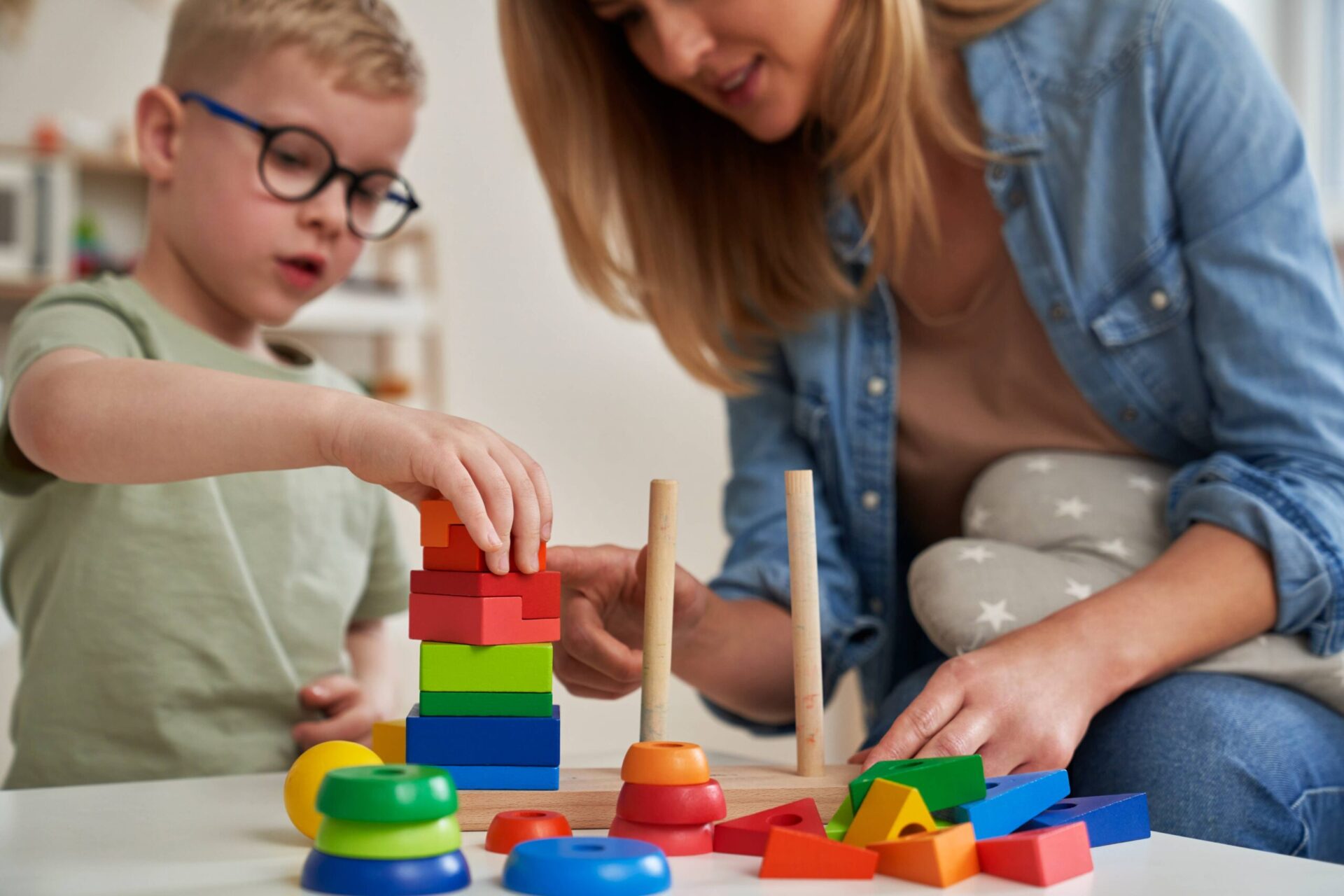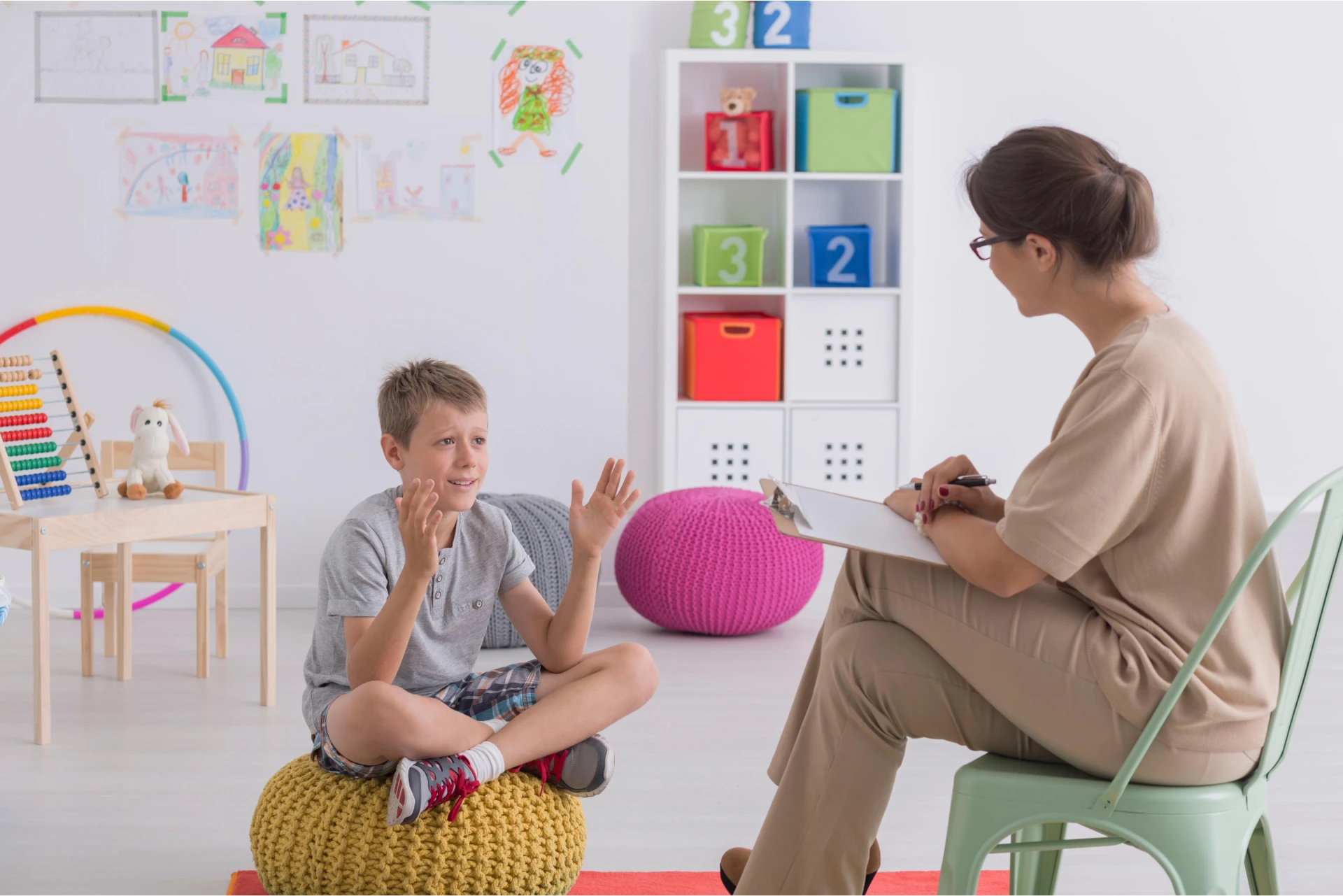In the realm of therapeutic interventions for children with Attention Deficit Hyperactivity Disorder (ADHD), play therapy emerges as a beacon of hope and transformation. This innovative approach harnesses the innate language of play to foster growth, development, and healing in children grappling with ADHD. By delving into the essence of play therapy, its diverse techniques, and the profound impact on managing ADHD symptoms, this blog post aims to enlighten parents, caregivers, and educators on its unparalleled benefits.
The Essence of Play Therapy
Play therapy is predicated on the principle that play is the natural medium through which children express themselves, learn about the world, and navigate their emotions. For children with ADHD, whose challenges encompass attention regulation, hyperactivity, and impulse control, play therapy offers a tailored and engaging pathway towards therapeutic goals. It’s not merely about playing; it’s about harnessing play as a dynamic tool for communication, learning, and emotional regulation.
Techniques Tailored for ADHD
1. Structured Play Therapy
Structured play therapy meticulously selects activities to hone specific skills such as attention span, patience, and turn-taking. Therapists might use board games to cultivate focus or puzzles to improve problem-solving and perseverance.
2. Sensory Play
Sensory play addresses the sensory processing issues often present in children with ADHD. Through activities involving touch, movement, and exploration, children learn to regulate their sensory input, which can lead to improved attention and reduced impulsivity.
3. Role-Play
Role-play allows children to navigate social scenarios in a controlled environment, enhancing their understanding of social cues, empathy, and appropriate responses. For children with ADHD, mastering these social skills is crucial for building relationships and self-esteem.
4. Creative Arts
Incorporating creative arts such as drawing, painting, or clay modelling enables children to express emotions non-verbally, boosting emotional regulation and providing a conduit for processing complex feelings.
Impact on ADHD Symptoms and Overall Development
The benefits of play therapy extend beyond symptom management. It fosters an environment where children with ADHD can experience success, leading to improvements in self-esteem and social interactions. Real-life case studies underscore the transformative potential of play therapy. For instance, a child who struggled with peer relationships due to impulsive behaviour learned through role-play and structured games to pause, consider others’ perspectives, and engage in more reciprocal interactions.
Moreover, play therapy supports the development of executive functions—critical thinking, planning, and decision-making. Through targeted activities, children practice these skills in a playful context, making the learning process more engaging and effective.
Therapist Insights and Parental Guidance
Therapists advocate for play therapy as part of a comprehensive treatment plan for ADHD, highlighting its adaptability to each child’s unique needs and its focus on positive reinforcement. For parents and caregivers, the key is to maintain open communication with the therapist, ensuring that the therapy aligns with the child’s progress and challenges.
Play therapy stands out as a profoundly impactful approach for children with ADHD. By embracing the therapeutic power of play, it is possible to guide these children towards a path of improved focus, emotional regulation, and social competence. For parents and caregivers, investing in play therapy is not just about managing symptoms; it’s about empowering their children to unlock their full potential and embrace a more fulfilling, balanced life.









